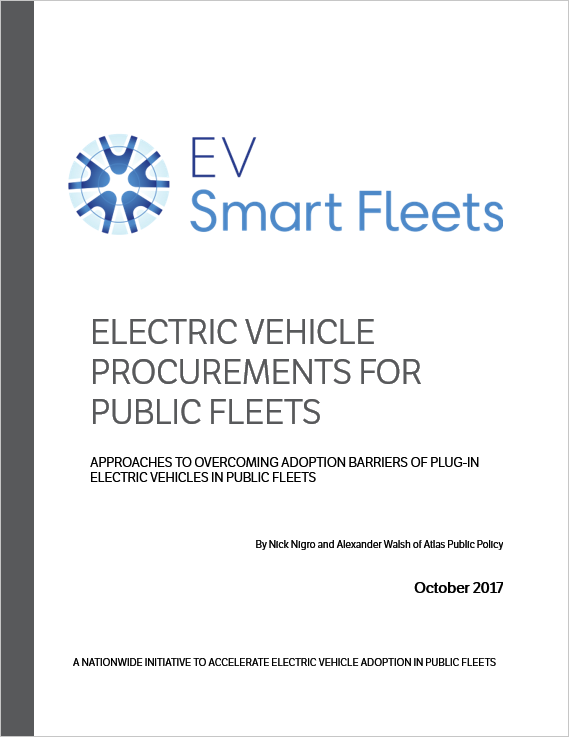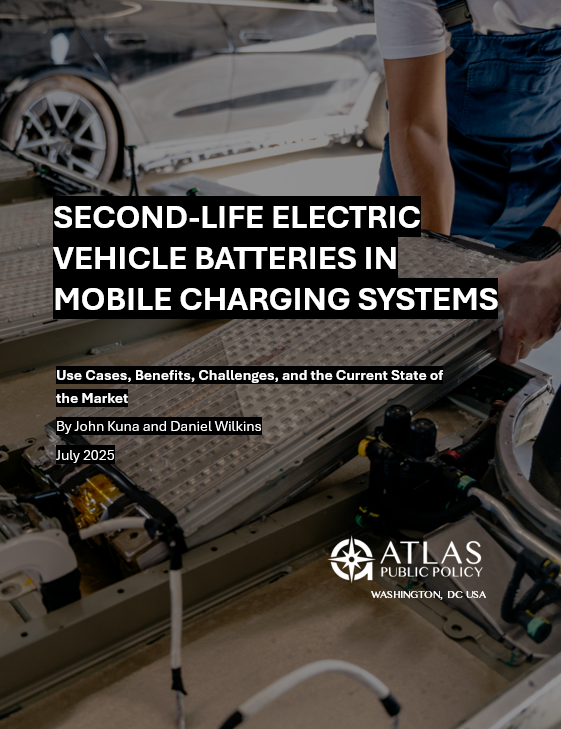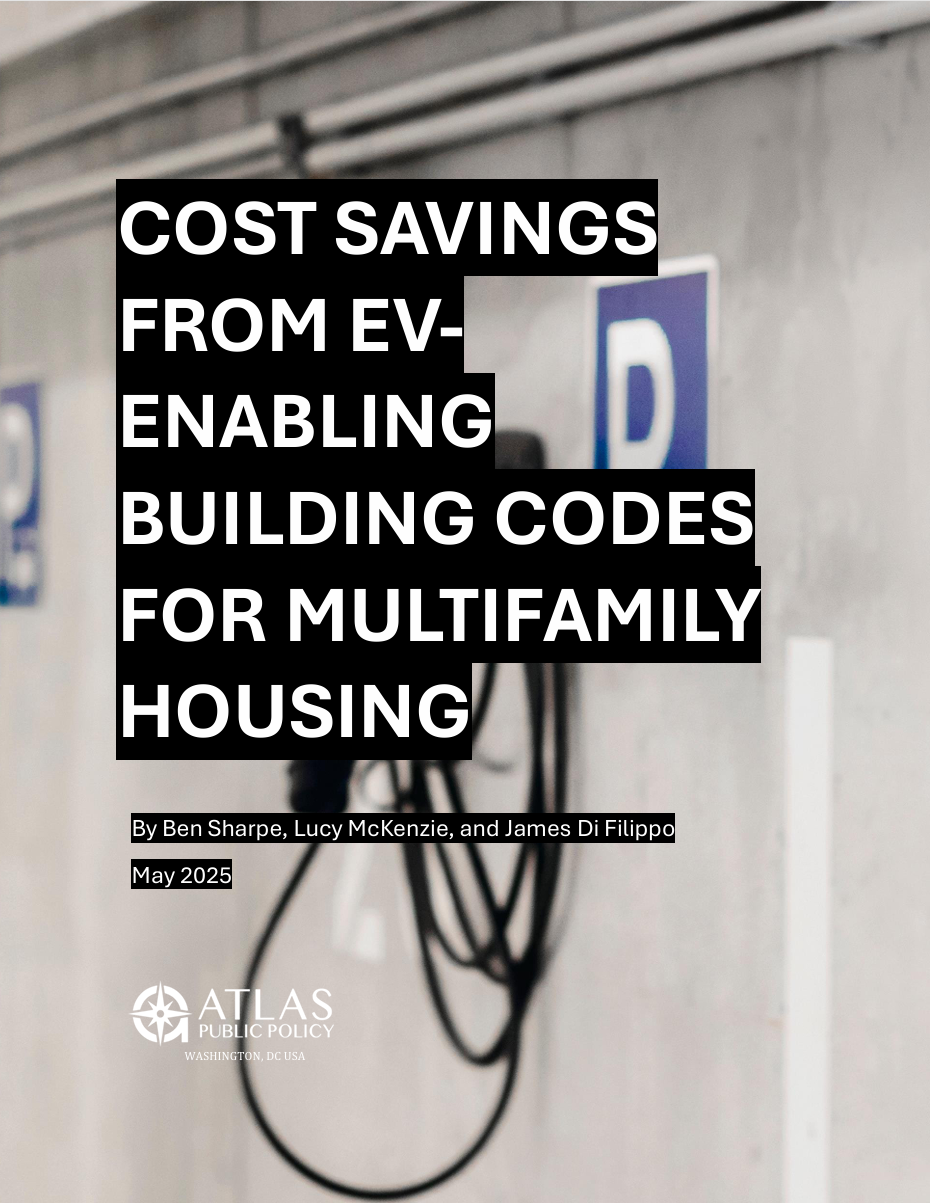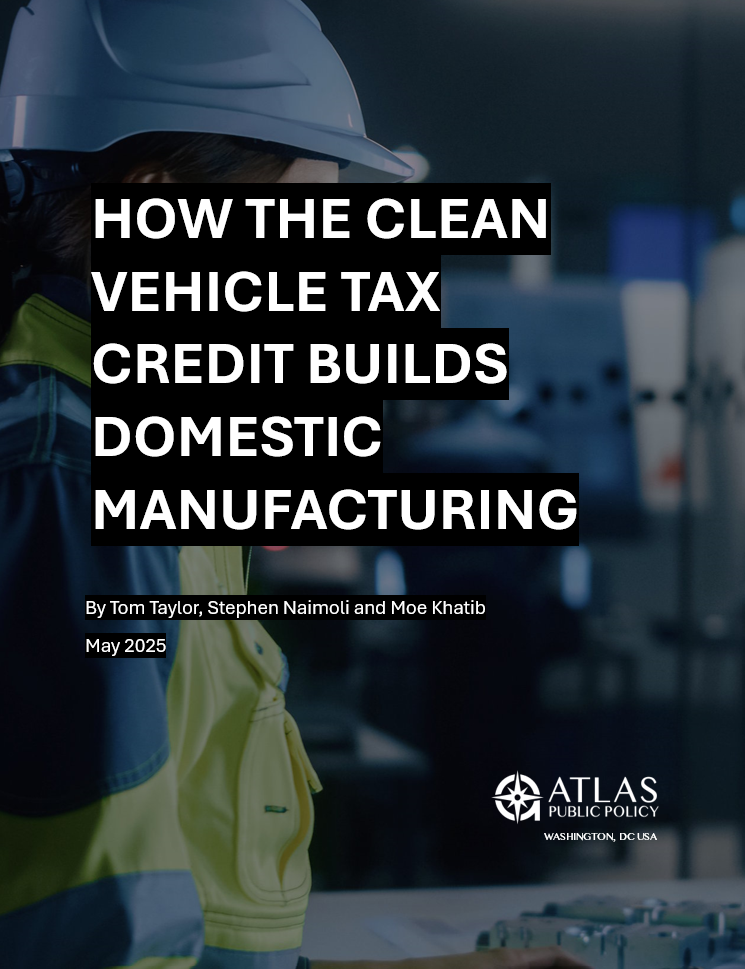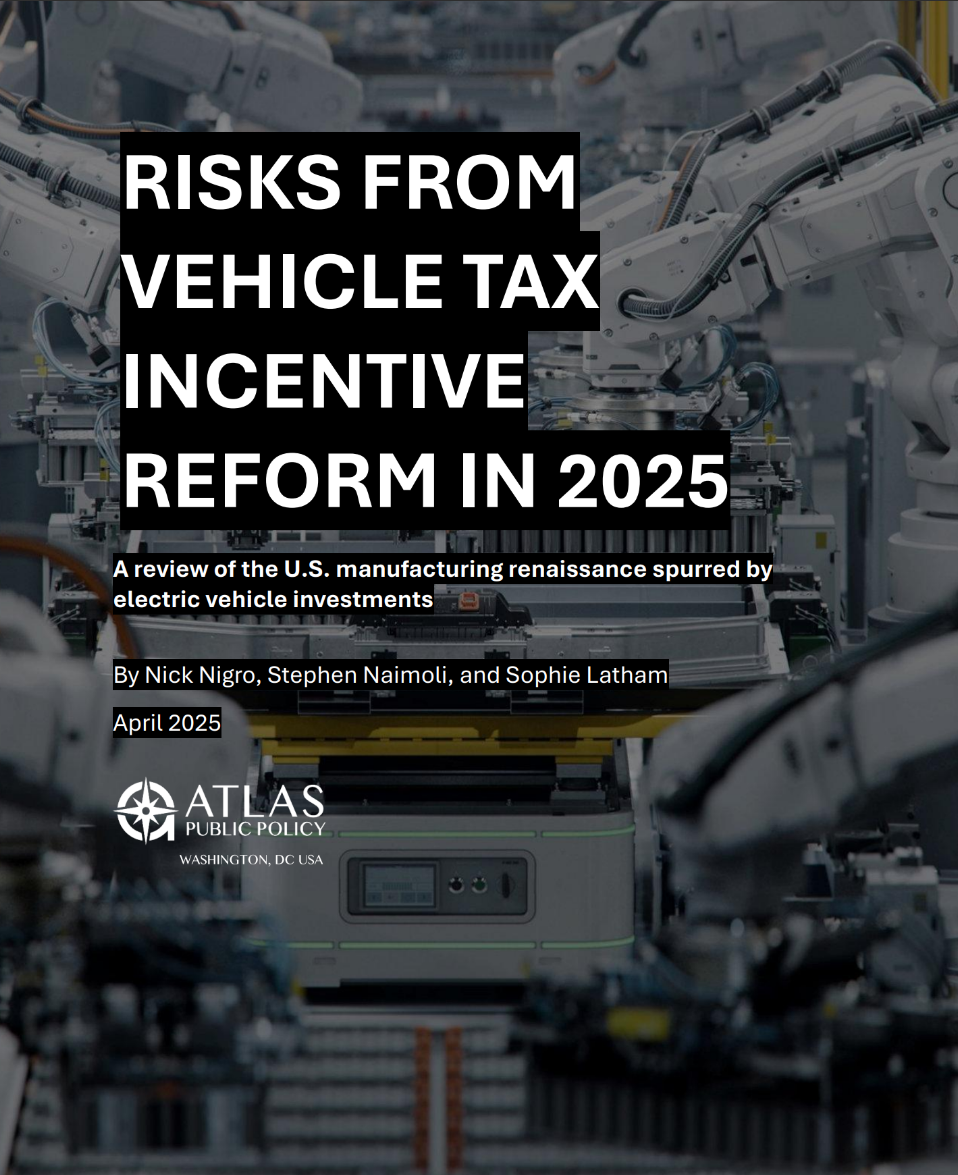Public fleets can procure electric vehicles at a cost that is competitive with, or lower than, conventional vehicles under several conditions, according to the research and analysis conducted for this report. Declining costs of battery technology combined with incentives such as rebates or tax credits that public fleets can capture make EVs a viable alternative to conventional vehicles now, even in an era of low gasoline prices.
The objective of this report is to identify opportunities to achieve the EV Smart Fleets goals through research, stakeholder outreach, and financial and environmental performance analysis. The report finds that a multi-state EV agreement solicitation can increase the likelihood of favorable terms for acquiring EVs for both small and large public fleets. The research and analysis presented in this report highlight important considerations to improve the likelihood that a solicitation and resulting multi-state agreement achieves the project goals.
The report was written as part of EV Smart Fleets, an initiative to implement a multi-state aggregated electric vehicle procurement for public fleets. EV Smart Fleets seeks to accelerate electric vehicle adoption by public fleets, lower the purchase price of electric vehicles for public fleets, and increase access to a wider range of electric vehicle models. The Department of Energy's Clean Cities program has provided funding for this effort as part of their work with nearly 100 coalitions nationwide to decrease the use of petroleum in transportation.
